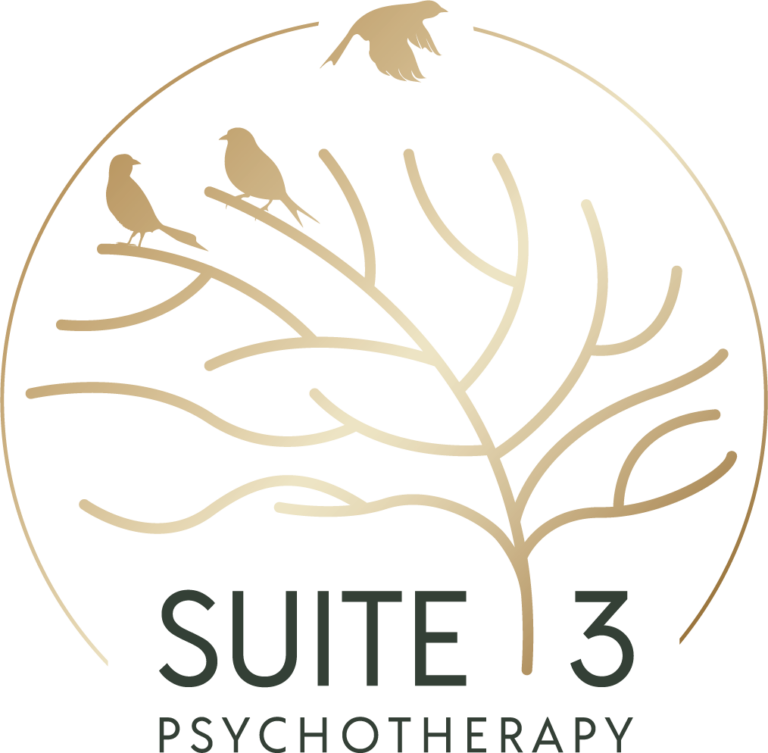One-on-one therapy, also called individual therapy or psychotherapy, can help individuals learn about their moods, feelings, thoughts, and behaviors. For therapists, it’s the most common and consistently asked for a way to treat clients who need help for treating their mental health problems. Therapists today have a vast array of techniques to help people understand their emotions and thoughts. For clients, it’s the beginning of a new journey towards better health. Therapy can help people become more conscious about themselves, their world, and their relationships. Our therapy sessions can help resolve many of the conflicts and stresses that affect anyone.
You Don’t Have to Suffer. Our Practice Can Help!
With one-on-one therapy, our therapist will begin by gathering information about you, your needs, and for you to know your therapist! Our therapists will first ask you about your current and past physical and emotional health and may give you some questionnaires about what you’ve been experiencing so far in your life. This session, while it may feel uncomfortable at first, allows you to feel your session’s mood, how you communicate with your therapist, and see if their approach will help you with your issues. Our therapists have qualified licensing and education to back up their techniques, and we can provide you with multiple therapy methods to help with your needs. We will determine goals, the lengths of your sessions, and the types of therapy you need best to help you understand the underlying thoughts and emotions that negatively impact your life. We encourage questions, and we hope to be able to bring you a positive environment with our sessions to give you peace of mind. While many forms of psychotherapy exist, some of the theoretical approaches we use in our practice are as follows:- Gestalt
- Attachment Theory
- Psychodynamic
- Relational
- Cognitive Behavioral Therapy
Common Facts about Therapy:
- Therapy is a preventative health care treatment for the mind and body because your relationships, emotions, patterns, and life events all have a significant impact on health.
- One-on-one therapy is designed to tackle mental health problems such as anxiety, depression, OCD, and eating disorders. It can also help treat PTSD, sleep problems, bipolar disorders, and chronic fatigue syndrome.
- Good forms of therapy don’t just focus on talking – they focus on giving the patient coping skills and techniques to manage their emotions and healthily understand their thoughts.
- To treat clients, therapists need at least 7 to 10 years of education and certification to claim a therapist or counselor’s title.







